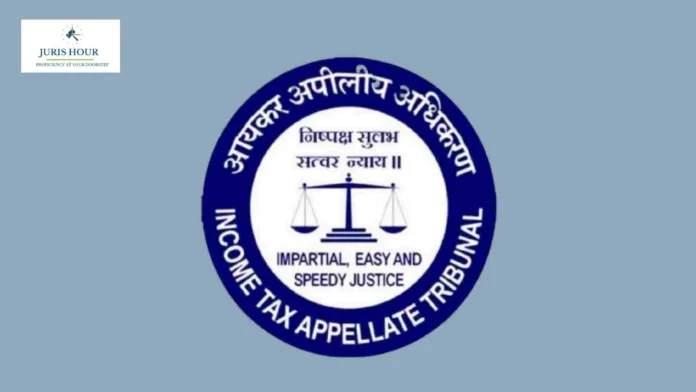The Visakhapatnam Bench of Income Tax Appellate Tribunal (ITAT) has dismissed an appeal filed by the Income Tax Department in a case concerning alleged non-deduction of tax at source (TDS) during the purchase of immovable property from a non-resident.
The bench of Ravish Sood (Judicial Member) and S. Balakrishnan (Accountant Member) while relying on a decision of the Supreme Court in the case of CIT v. Vatika Township, observed that beneficial provisions must be applied retrospectively if they do not impose a new burden. Since the tax was already paid by the seller, there was no revenue loss, and double taxation could not be permitted.
The matter involved Ravikumar Burugupalli, proprietor of Sasi Fuel, who had purchased a property worth ₹3.02 crore in November 2015 from one K. Venkata Sita Rama Chandra Rao, a non-resident individual. The Assessing Officer (AO) held that Burugupalli failed to deduct TDS under section 195 of the Income Tax Act, 1961, and raised a demand of over ₹1 crore under sections 201(1) and 201(1A).
Aggrieved by the AO’s order, the assessee appealed before the Commissioner of Income Tax (Appeals) [CIT(A)]. The CIT(A) noted that the assessee had submitted Form 26A, certified by a Chartered Accountant, confirming that the seller had duly disclosed the sale in his return of income, computed capital gains, and paid the taxes.
Relying on this, the CIT(A) directed the AO to verify the documents and grant relief, while observing that the proviso to Section 201(1) could be applied in the assessee’s case.
The Revenue contested this before the ITAT, arguing that the proviso to Section 201(1) was, at that time (A.Y. 2016–17), applicable only to payments made to residents, not to non-residents. The extension of this benefit to non-resident transactions was introduced only with effect from September 1, 2019, and therefore, could not be applied retrospectively.
The assessee countered that the proviso was clarificatory and beneficial, intended to remove an anomaly in law, and therefore could be applied retrospectively. He stressed that since the seller had already discharged the tax liability, there was no revenue loss to the department.
The tribunal held that it was also established by filing of Form 26A duly certified by Chartered Accountant that the seller has also discharged the tax liability. It is trite law that the same income cannot be taxed twice.
Case Details
Case Title: Dy. CIT (International Taxation) Versus Ravikumar Burugupalli
Case No.: ITA No. 198/VIZ/2025
Date: 22.08.2025
Counsel For Petitioner: A. Aruna, Advocate
Counsel For Respondent: Dr. Aparna Villuri, Sr.AR

